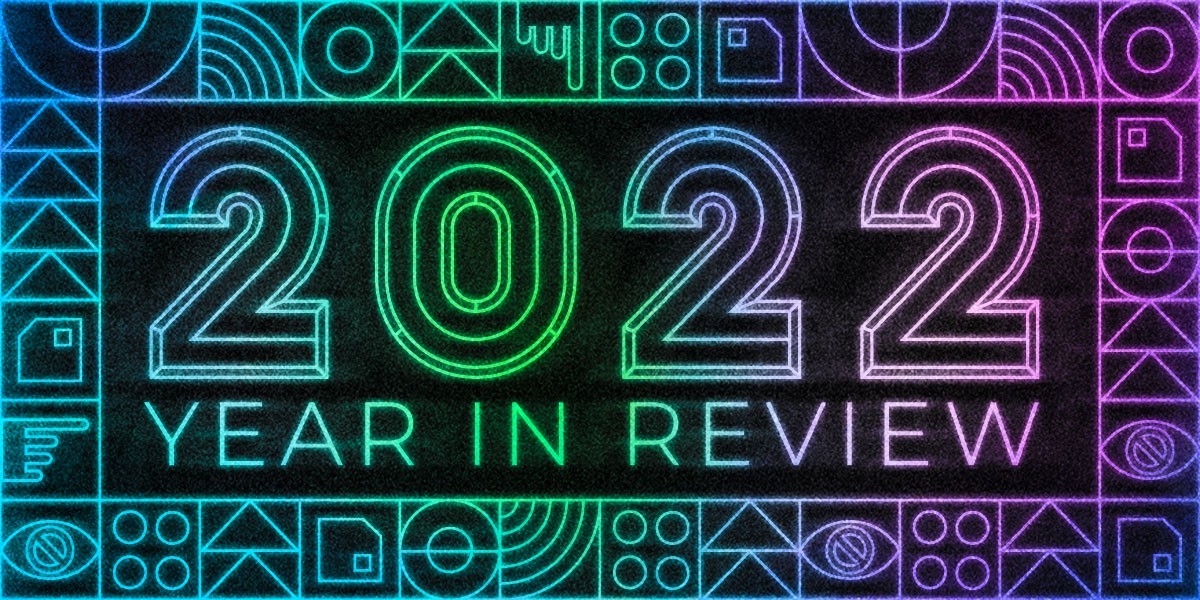Informed citizens need comprehensive libraries that meet people where they are. Today, that means online spaces that welcome everyone to use their resources, invite them to create new and truthful works, and respect the interests of both authors and readers.
EFF client Internet Archive has created one of those spaces. Through Controlled Digital Lending (“CDL”), the Internet Archive and other nonprofit libraries make and lend digital scans of print books in their collections, at no cost to their patrons. CDL allows people to check out digital copies of books for two weeks or less, and only permits patrons to check out as many copies as the Archive and its partner libraries physically own. That means that if the Archive and its partner libraries have only one copy of a book, then only one patron can borrow it at a time, just like any other library. Through CDL, the Internet Archive is helping to foster research and learning by helping its patrons access books and by keeping books in circulation when their publishers have lost interest in them.
CDL is fundamentally the same as traditional library lending; it’s just another way of getting a book to the one patron who borrowed it. But four of the biggest publishers in the world want to shut it down. In 2020, they sued the Internet Archive for copyright infringement. In 2022, both sides filed briefs asking the court to decide the question as a matter of law. Supported by authors, libraries, and scholars, the Internet Archive’s briefs explained that CDL is a lawful fair use that serves copyright’s ultimate purpose: enriching our common culture. The publishers, for their part, claim that the Internet Archive's CDL program harms their ebook licensing market. But their theory has a fundamental flaw: even with unlimited access to years of sales data, they cannot point to a dime they have lost or are likely to lose because of the Internet Archive’s digital lending.
The outcome of this case is likely to define the future of books in the U.S. CDL makes it easier for patrons who live far from a brick-and-mortar library, or who have print disabilities, to access books. But that's just the beginning. The Internet Archive’s CDL program also helps fight disinformation by facilitating ongoing easy access to authoritative sources for Wikipedia articles. It helps fight censorship by giving librarians a way to curate and share books banned by local school districts. Like all library lending, it helps the public discover new works that they love enough to purchase their own copies. Digital lending also makes it possible for patrons to access books without having their reading habits tracked by commercial entities, like OverDrive and Amazon, that may not share librarians’ traditional commitment to protecting privacy. Perhaps most importantly, it gives librarians the power to curate their own digital collections, just as they curate their physical collections.
If the publishers have their way, however, books, like an increasing amount of other copyrighted works, will only be rented, never owned, available subject to the publishers’ whim, on their terms. This is not a hypothetical problem, as students at Georgetown, George Washington University, and the other members of the Washington Research Library Consortium learned last fall when they discovered that found 1,379 books could no longer be borrowed in electronic form. The books had disappeared from those libraries’ virtual shelves because the publisher had decided to stop licensing them to the academic library market. After a public backlash, the publisher backed down, but an ominous message was sent. As more than a thousand authors said in a recent open letter: “We fear a future where libraries are reduced to a sort of Netflix or Spotify for books, from which publishers demand exorbitant licensing fees in perpetuity[.]”
We should all share that fear. Librarians know what their patrons need, which is why they should be in charge of determining what to include in their collections, now and in the future. Libraries pay publishers under either approach—but digital lending lets libraries make their own decisions about which books to circulate physically, and which to circulate digitally instead. Librarians can continue to maintain permanent collections of books, to preserve those books in their original form for future generations, and to lend them to patrons one at a time, as they have always done.
EFF is proud to defend the Internet Archive in this case, and we will keep fighting for a robust and vibrant digital world for libraries, authors, and readers alike.










